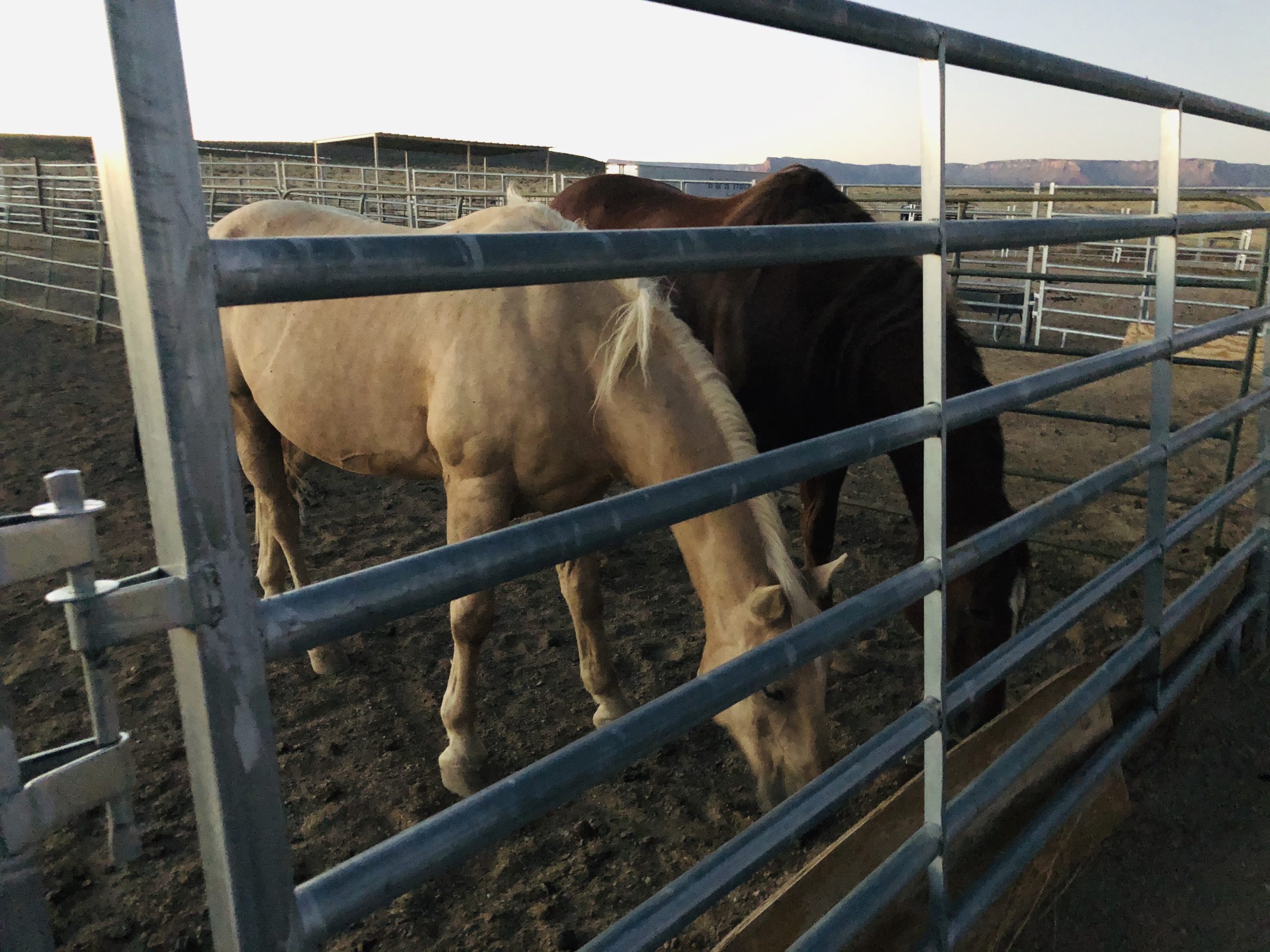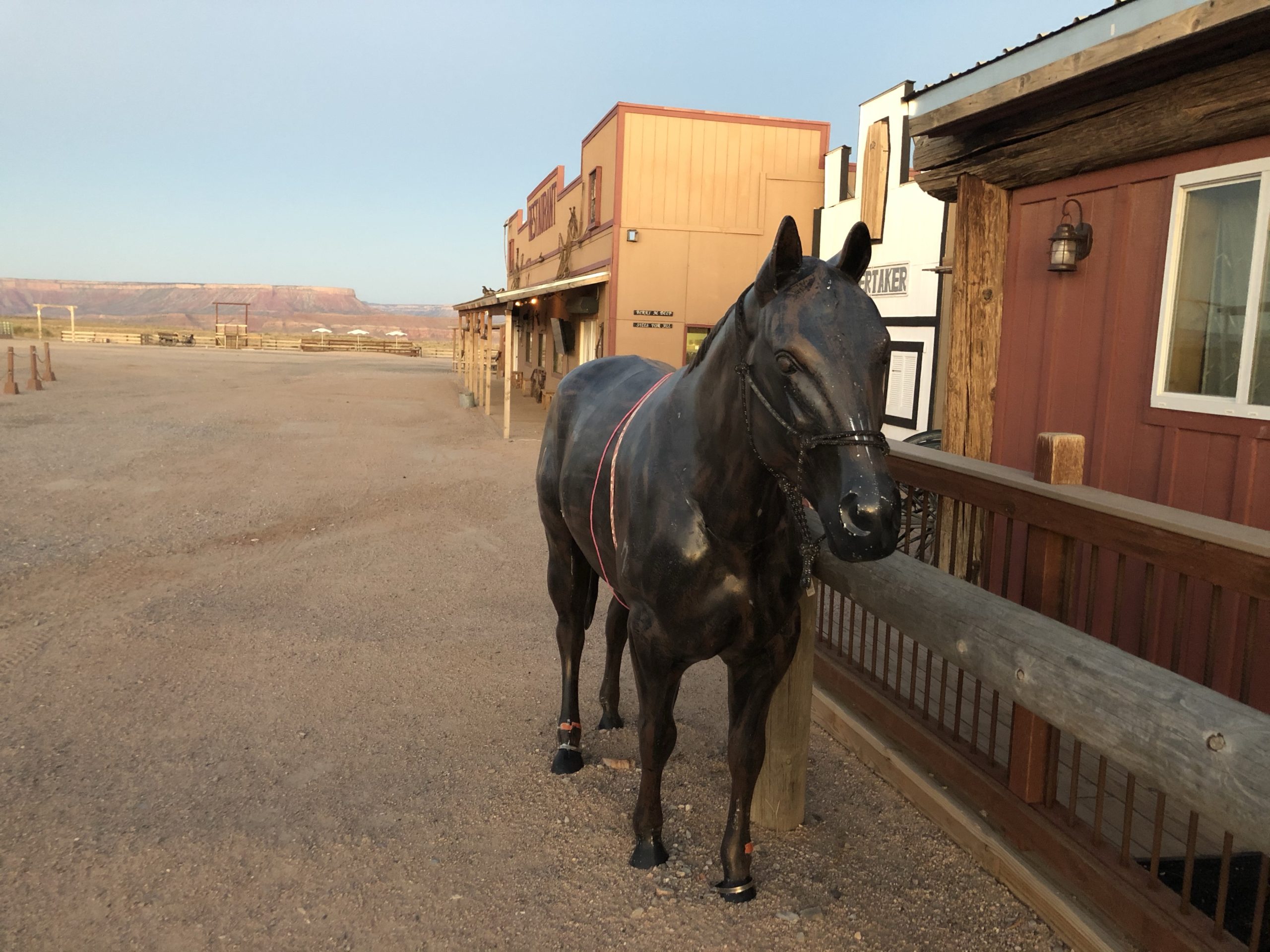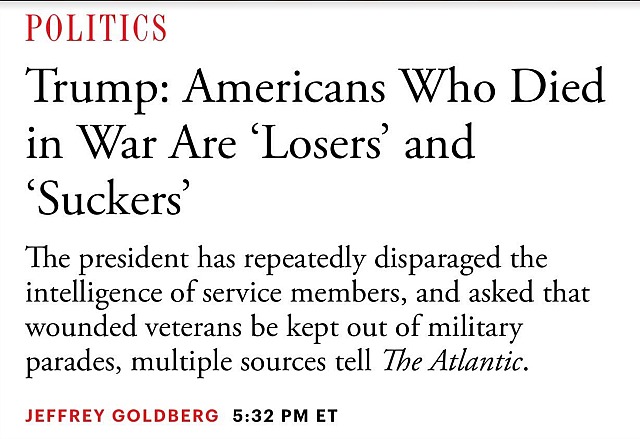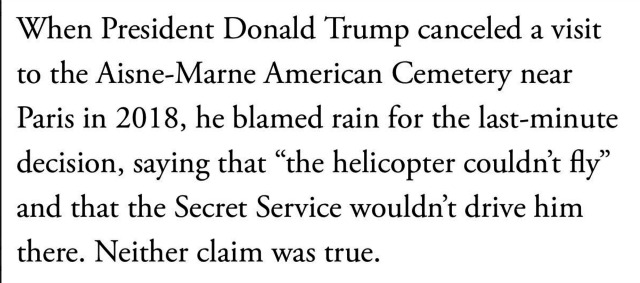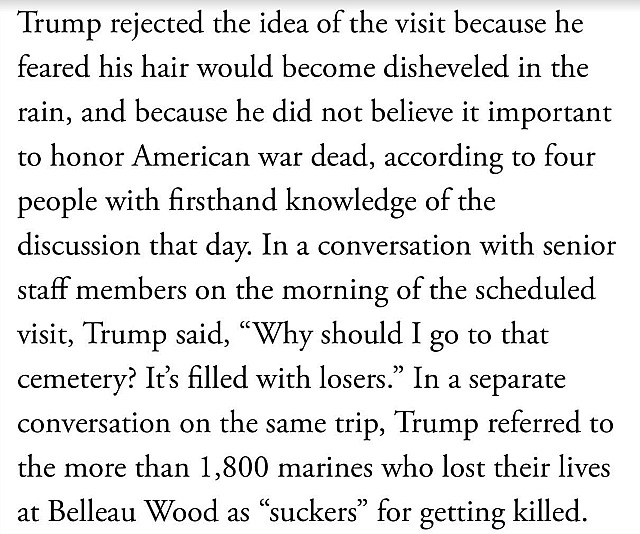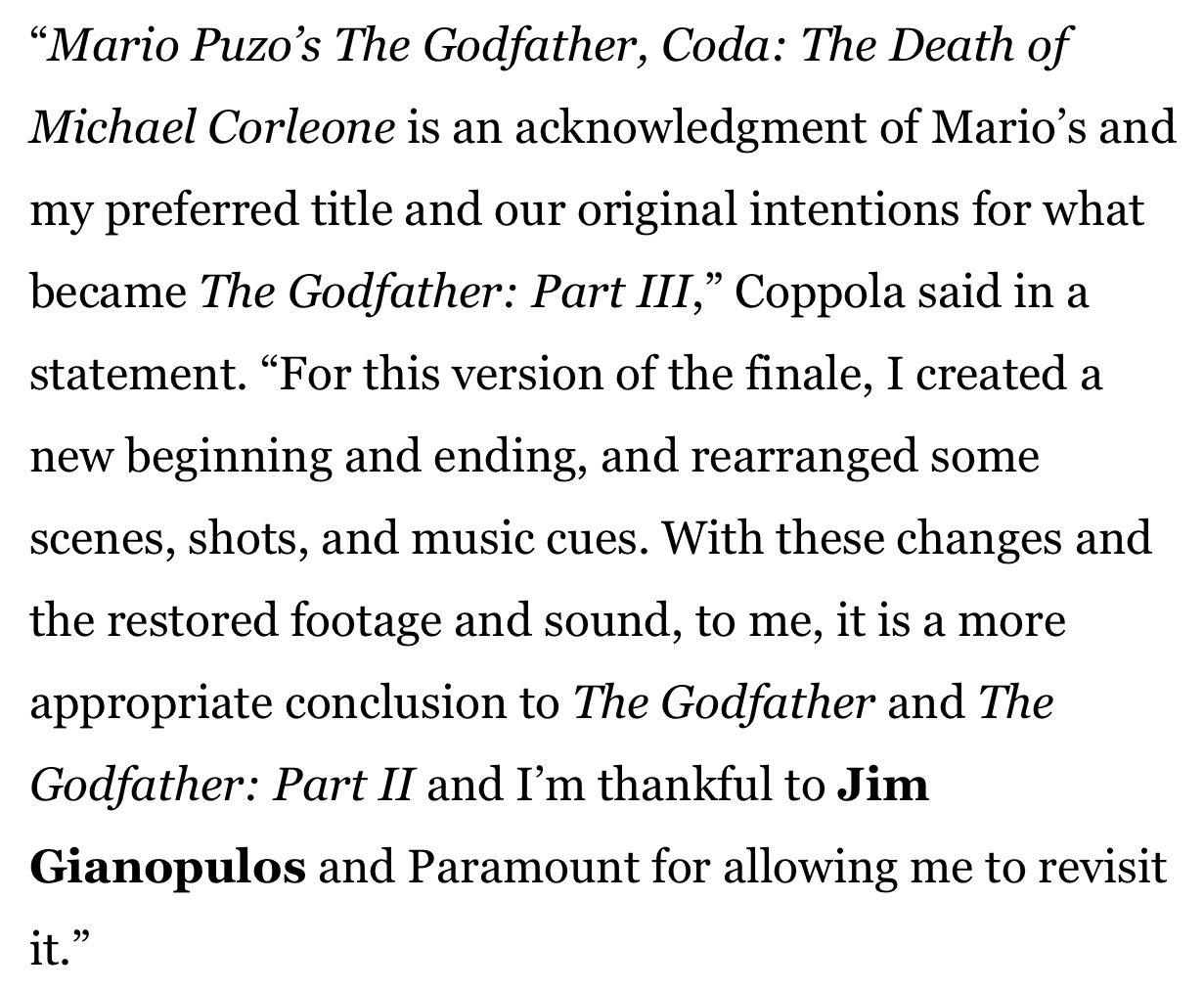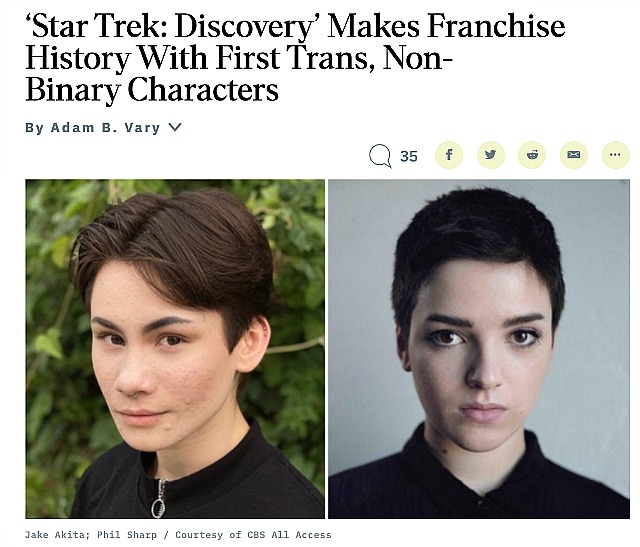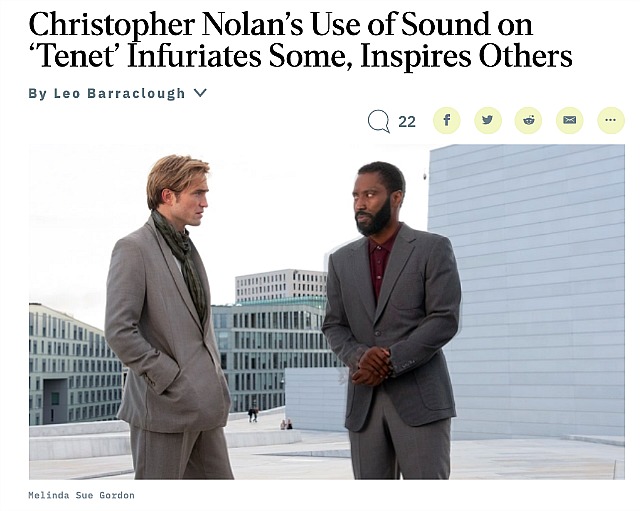Excerpt from “From Kant to Kirk: Star Trek‘s Philosophical Arguments,” posted in Newsweek on 7.9.16:
“In their book, ‘Star Trek and Philosophy: The Wrath of Kant’, Jason Eberl and Kevin Decker make it clear that from the very idea of the Federation to the foggy ethics of the Prime Directive, it’s been (a) philosophical quandaries as well as (b) priceless fight scenes that have kept fans hooked for half a century.
“But according to Decker, two schools of thought run through the entire Trek canon, present throughout both ongoing storylines and one-time episodics. ‘Every Star Trek series contains stories representing the ethical struggle between utilitarians like John Stuart Mill (who prioritize the maximization of good) and deontologists like Immanuel Kant (who subordinate the greater good to following the right principles),” he explains.
“The series are very much reflective of their times,” says Eberl. “Because the original series came out when it did, Gene Roddenberry wanted to touch on the social issues of the day in a way that you couldn’t in traditional TV formats. By putting things in a sci-fi context where social issues are couched in the issues of an alien world — the censors weren’t immediately able to say, ‘Oh, he’s talking about the Vietnam War’ or ‘That’s about civil rights or women’s rights or population control.’ These are touchy subjects, and they normally wouldn’t have been allowed to be discussed.”
Two or three years ago it was noted that among the new crop of Academy and SAG members, “representation isn’t an important thing — it’s the only thing.” Aesthetic standards change, social measurements evolve, etc.



